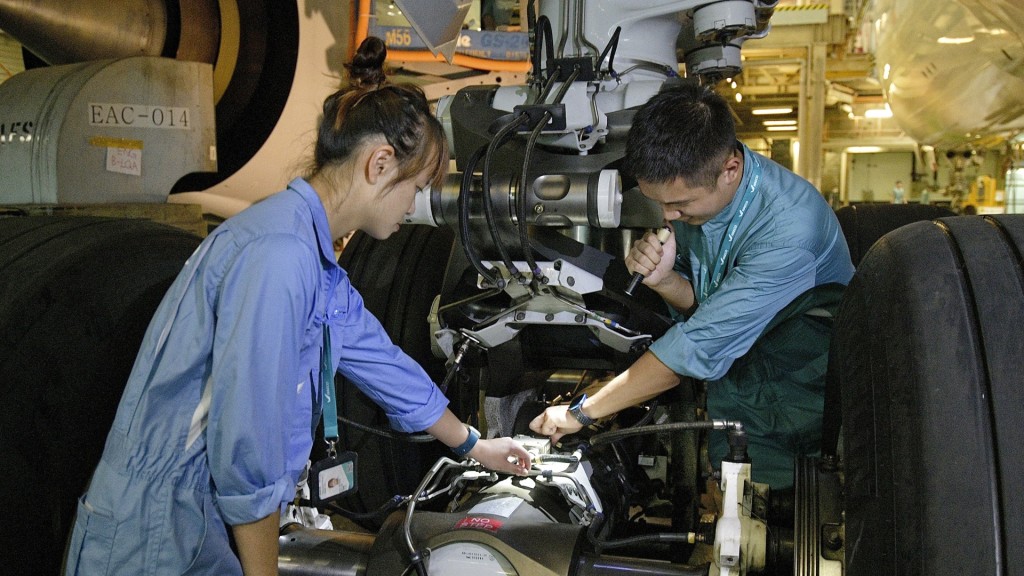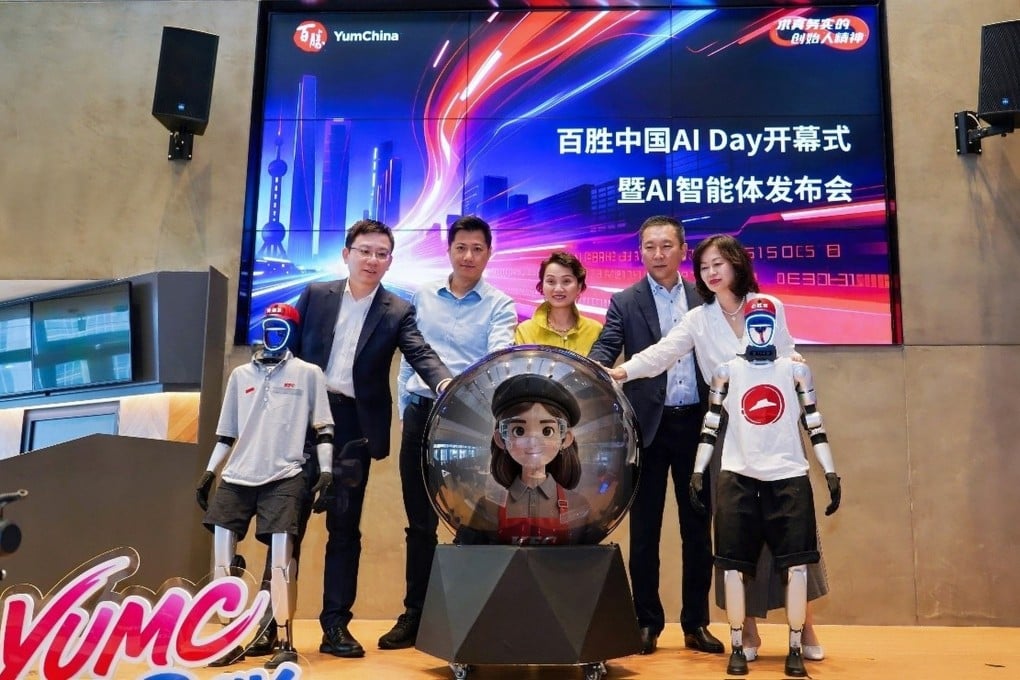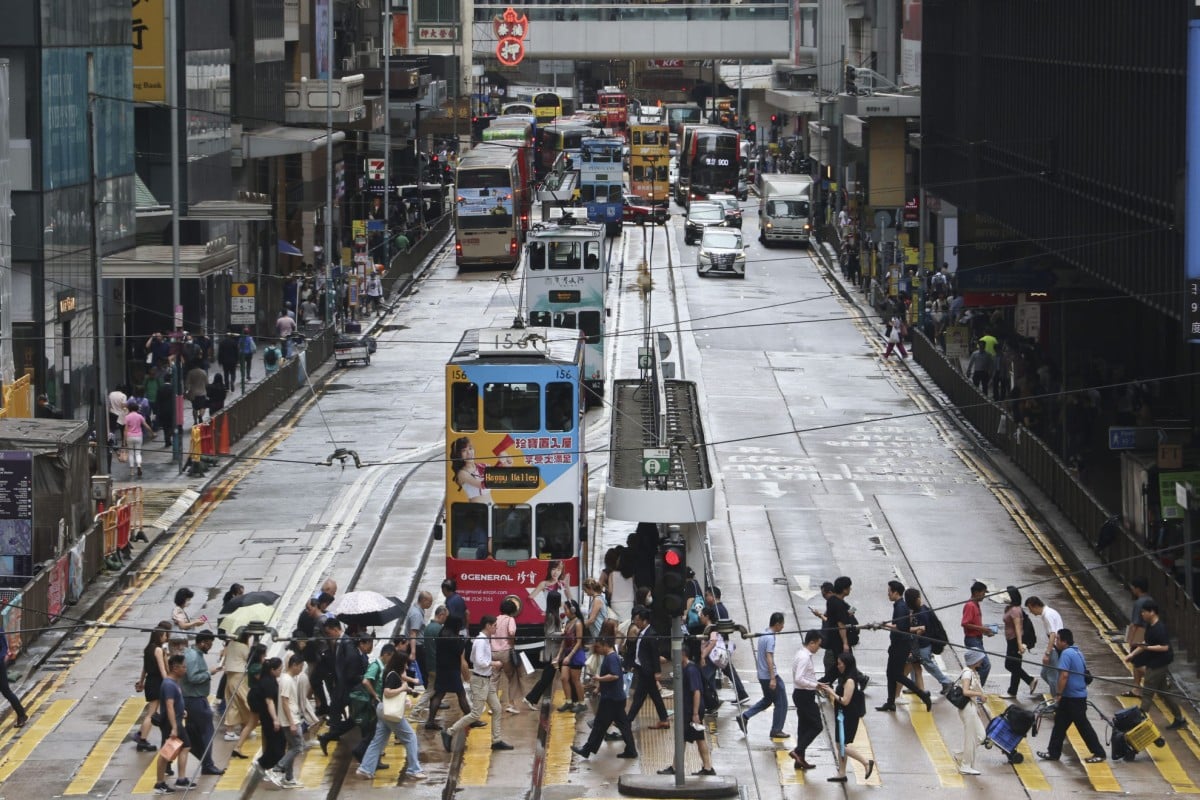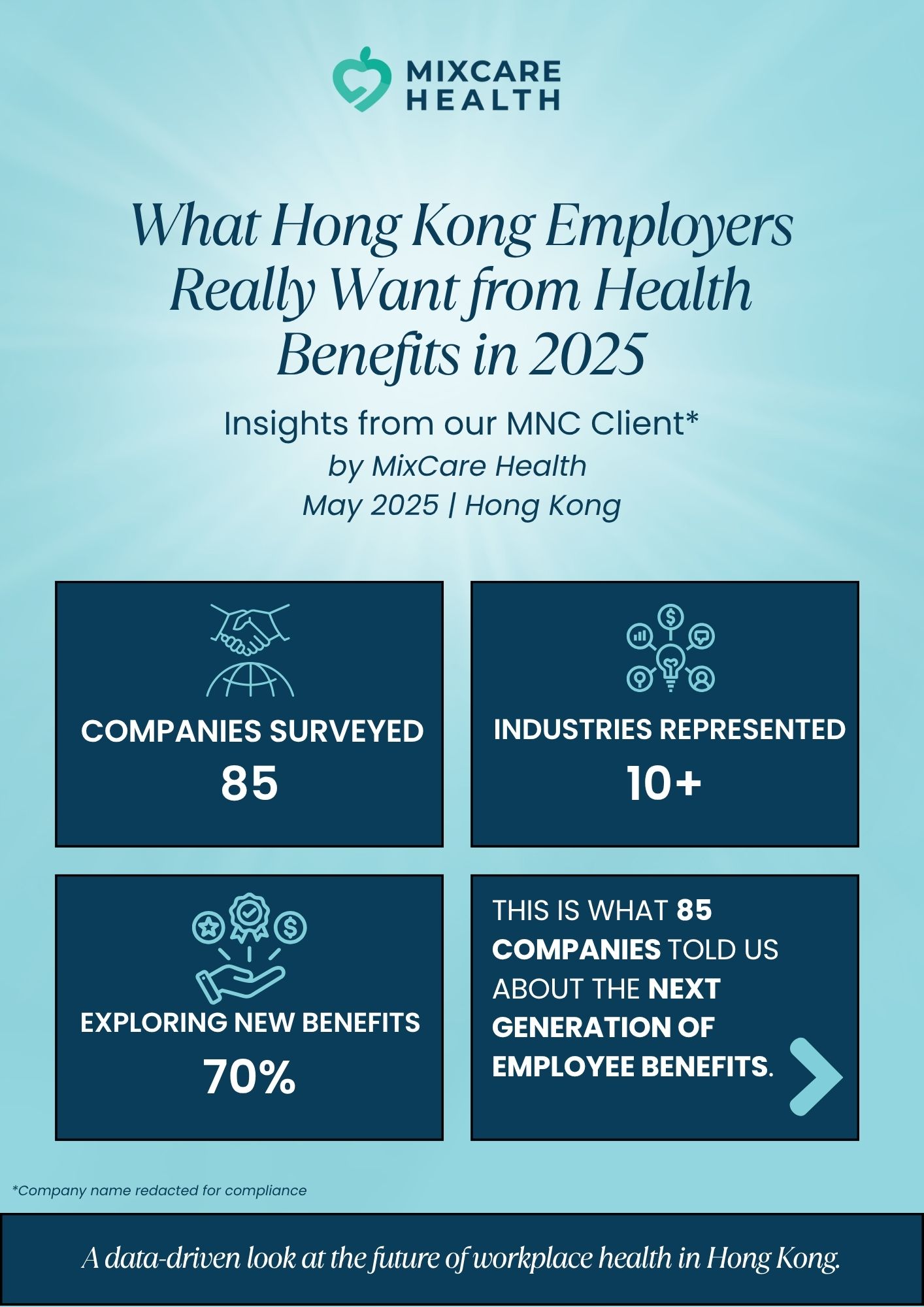16/06-23/06 Hong Kong HR Trends & Workplace Insights – Weekly HR Newsletter
As Hong Kong navigates rising layoffs, AI-led transformation, and a redefinition of workforce “talent,” HR leaders are under pressure to adapt faster than ever. In this week’s MixCare Weekly, we unpack five headlines that every people leader should care about—from the 25% of companies planning to downsize, to the launch of AI co-managers and the quiet rise of sleep-deprived employees calling in sick on Mondays.
We also explore how Hong Kong’s labour policies are evolving, with non-degree tradespeople finally recognised as top talent. Together, these shifts point to one truth: resilience, inclusivity, and data-driven strategy are now non-negotiables in HR leadership.
Let’s decode what’s happening—and how your people strategy can rise above the noise.
1. Monday blues: Over 80% of Hong Kong workers skip work due to sleep deprivation, mostly on Mondays

One-minute summary
A recent survey by Emma Sleep and Rakuten Insight reveals that 82% of Hong Kong employees have taken leave or skipped work due to sleep deprivation, with Mondays being the most affected day. Key contributors include work-related stress (45%), excessive screen time (38%), and late-night eating (27%). Surprisingly, even workers who sleep 7–8 hours on weekends still report fatigue, suggesting the impact of poor sleep quality. Women and workers aged 35–44 are particularly vulnerable. This data shines a light on a worrying but under-addressed issue in workplace wellbeing, with implications for absenteeism, productivity, and overall morale.
3 main takeaways
-
Sleep deprivation is impacting work attendance at scale: Over 80% of employees have missed work due to lack of rest, indicating that this is a systemic issue and not isolated to certain roles or industries.
-
Root causes are lifestyle and stress-related: Stress, screen time, and late-night habits are driving poor sleep hygiene, with mid-career professionals most affected.
-
Mondays are the peak day of absence: The concentration of absences on Mondays suggests a deeper link to weekend recovery habits, burnout, or anticipation anxiety.
Implications to Employees
-
Introduce flexible Monday arrangements: HR can trial soft-start Mondays, allowing later logins or lighter workloads to improve attendance and morale.
-
Reframe wellness as performance strategy: Incorporate sleep coaching, digital detox challenges, and stress-management workshops as part of performance enhancement—not just wellbeing.
-
Use data to flag potential burnout cycles: HR teams should review absenteeism trends across weekdays and roles to preemptively address recurring stress and disengagement.
Implications to HR
-
HR teams should consider implementing soft-start Mondays or flexible arrival hours to reduce early-week absenteeism and improve staff morale.
-
Incorporate sleep and recovery education into wellness programs, helping employees understand and improve sleep hygiene long term.
-
Monitor leave patterns and absenteeism data to detect fatigue trends and proactively intervene before burnout becomes widespread.
Source: Human Resources Online
2. Hong Kong to admit non-degree professionals for eight specified skilled trades starting 30 June 2025

One-minute summary
Starting 30 June 2025, Hong Kong will begin accepting non-degree holders into its Top Talent Pass Scheme (TTPS) for eight high-demand skilled trades, including welding, air-conditioning, electrical wiring, and plumbing. Applicants must have at least one year of relevant experience and receive a monthly salary offer of HK$20,000 or more. This marks a major shift aimed at easing labour shortages in infrastructure sectors. It also signals a redefinition of “talent” away from degree-centric models and toward experience-based criteria.
3 main takeaways
-
Shift away from degree-centric immigration criteria: For the first time, Hong Kong is openly inviting skilled workers without tertiary qualifications through an official talent scheme.
-
Salary and experience threshold ensures quality: A HK$20,000/month minimum and one year of experience maintains workforce standards.
-
Focused on construction & infrastructure bottlenecks: This strategic talent import addresses urgent sectoral labour gaps.
Implications to Employees
-
Redefine internal hiring criteria: HR leaders may need to challenge internal biases around degrees and consider experience-first frameworks for technical roles.
-
Expand workforce planning to include global trade talent: Companies can now recruit overseas technicians to ease operational gaps.
-
Future-proof DEI and workforce equity policies: This could accelerate a more inclusive definition of talent and demand new onboarding practices.
Implications to HR
-
HR should revisit internal job requirements to assess where degree-based barriers can be removed to access broader talent pools.
-
Prepare onboarding and cross-cultural integration plans for skilled foreign workers who may require language and safety training.
-
Include non-degree employees in upskilling and leadership pipelines to foster a more inclusive, equitable company culture.
Source: Human Resources Online
3. Yum China rolls out AI agent to help, not replace, store managers

One-minute summary
Yum China has introduced an AI-powered store assistant named “Xiaozhi”, designed to support human managers with tasks like scheduling, inventory forecasting, and performance reviews. Early pilots show 60% less time spent on scheduling, and the tool is being scaled across hundreds of stores. Rather than replacing humans, the initiative supports a human-AI collaboration model and sets a precedent for other APAC service industries. It reflects a growing trend where AI augments middle-management rather than automates frontline roles.
3 main takeaways
-
AI is shifting from automation to augmentation: Yum China’s approach emphasizes support, not substitution.
-
Managerial decision-making is being digitised: Tools like Xiaozhi handle routine tasks and redefine leadership bandwidth.
-
Early results show productivity gains: Less time spent on admin = more time for people management.
Implications to Employees
-
Prepare mid-level roles for AI co-working: Train managers to see AI as a collaborator and focus on judgment and people leadership.
-
Reframe leadership development programs: Shift emphasis to empathy, strategic thinking, and change management.
-
Assess vendor partnerships for ethical AI integration: Ensure augmentation—not displacement—governs future AI investments.
Implications to HR
-
HR must reskill frontline and mid-level managers to collaborate with AI tools, focusing on digital literacy and data judgment.
-
Redesign leadership development to emphasize emotional intelligence, strategic decision-making, and human-centered coaching.
-
Partner with IT to ensure AI adoption aligns with ethical values and enhances human roles instead of replacing them.
Source: SCMP
4. 25% of Hong Kong employers plan to cut staff next quarter: survey

One-minute summary
According to ManpowerGroup’s Q3 2025 Employment Outlook Survey, 25% of Hong Kong employers plan to reduce staff, while only 22% plan to hire—resulting in a net employment outlook of -3%, the lowest since 2022. The downturn is driven by cost concerns, global demand slowdowns, and sector-specific contractions in finance, real estate, and logistics. Compared to neighbouring markets, Hong Kong’s hiring outlook is more pessimistic, signalling a likely wave of cost-cutting and team restructuring in the near future.
3 main takeaways
-
Hiring freezes and layoffs are imminent: Net outlook is -3%, making this a critical time for retention and reorganisation.
-
Key sectors under pressure: Financial services, real estate, and logistics are the top sectors expected to downsize.
-
Hong Kong trails regional outlooks: Unlike other APAC markets, Hong Kong is preparing for contraction.
Implications to Employees
-
Rethink workforce planning priorities: Shift from hiring to mobility, internal transfers, and upskilling.
-
Prepare for compassionate offboarding: Layoffs must be handled with transparency, mental health support, and career transition plans.
-
Use downturn to build future pipelines: Quiet periods are the perfect time to source and nurture future talent.
Implications to HR
-
Shift workforce strategy from external hiring to redeployment and internal mobility to retain institutional knowledge during contraction.
-
Develop structured and compassionate offboarding processes, including mental health support and career transition services.
-
Use this slowdown as an opportunity to identify high-potential talent and invest in critical upskilling for future readiness.
Source: SCMP
5. Microsoft warns of the ‘infinite workday’ as AI blurs work-life boundaries

One-minute summary
A new report from Microsoft warns that AI-enabled tools—while increasing efficiency—are also extending the workday and pushing boundaries between personal and professional life. Dubbed the “infinite workday,” the report found that workers are now responding to emails and completing tasks at all hours of the day, often outside traditional working hours. The research, based on aggregated user data from Microsoft 365, highlights a surge in “triple peak days”—with a third productivity spike occurring late at night. While AI tools like Copilot streamline workflows, they may also reinforce an “always-on” culture unless organisations take deliberate action. This presents a double-edged sword for HR: higher productivity vs. higher burnout risk.
3 main takeaways
-
AI boosts productivity but blurs boundaries: Tools like Copilot help employees get more done—but they’re also encouraging off-hour engagement and late-night logins.
-
Triple-peak workdays are on the rise: Workers now operate in three productivity phases—morning, post-lunch, and late night—highlighting shifts in workplace rhythms.
-
The ‘always-on’ culture is worsening: Without intervention, AI may inadvertently entrench a culture of non-stop availability.
Implications to Employees
-
Redesign communication norms and after-hours boundaries: HR should codify guidelines around AI-augmented productivity—e.g., no-pressure policies for after-hours messages and asynchronous flexibility.
-
Integrate digital wellness into AI rollout: Launch AI tools alongside digital wellbeing programs and nudges to prevent burnout.
-
Train leaders to manage outcomes, not visibility: In an AI-driven workplace, leadership should shift from time-tracking to output-driven evaluations—building trust and sustainability.
Implications to HR
-
Establish clear boundaries around after-hours communication and reinforce that asynchronous does not mean always available.
-
Embed digital wellbeing into your AI rollout strategy by pairing tools with nudges, breaks, and leadership modeling.
-
Shift performance evaluation from time-based input to output and outcome, reinforcing trust and autonomy in remote environments.
Source: CNN Business
The Future of Employee Benefits 2025

Benefits aren’t just perks anymore—they’re powerful tools for retention, engagement, and ROI. In our latest report, we unpack how leading employers in Hong Kong are rethinking their approach with flexible, cost-effective strategies like FSAs, wellness services, and recognition programs. Backed by fresh market data, this report offers practical takeaways for HR leaders who want to align benefits with workforce needs and business outcomes.

[formidable id=”11″]
